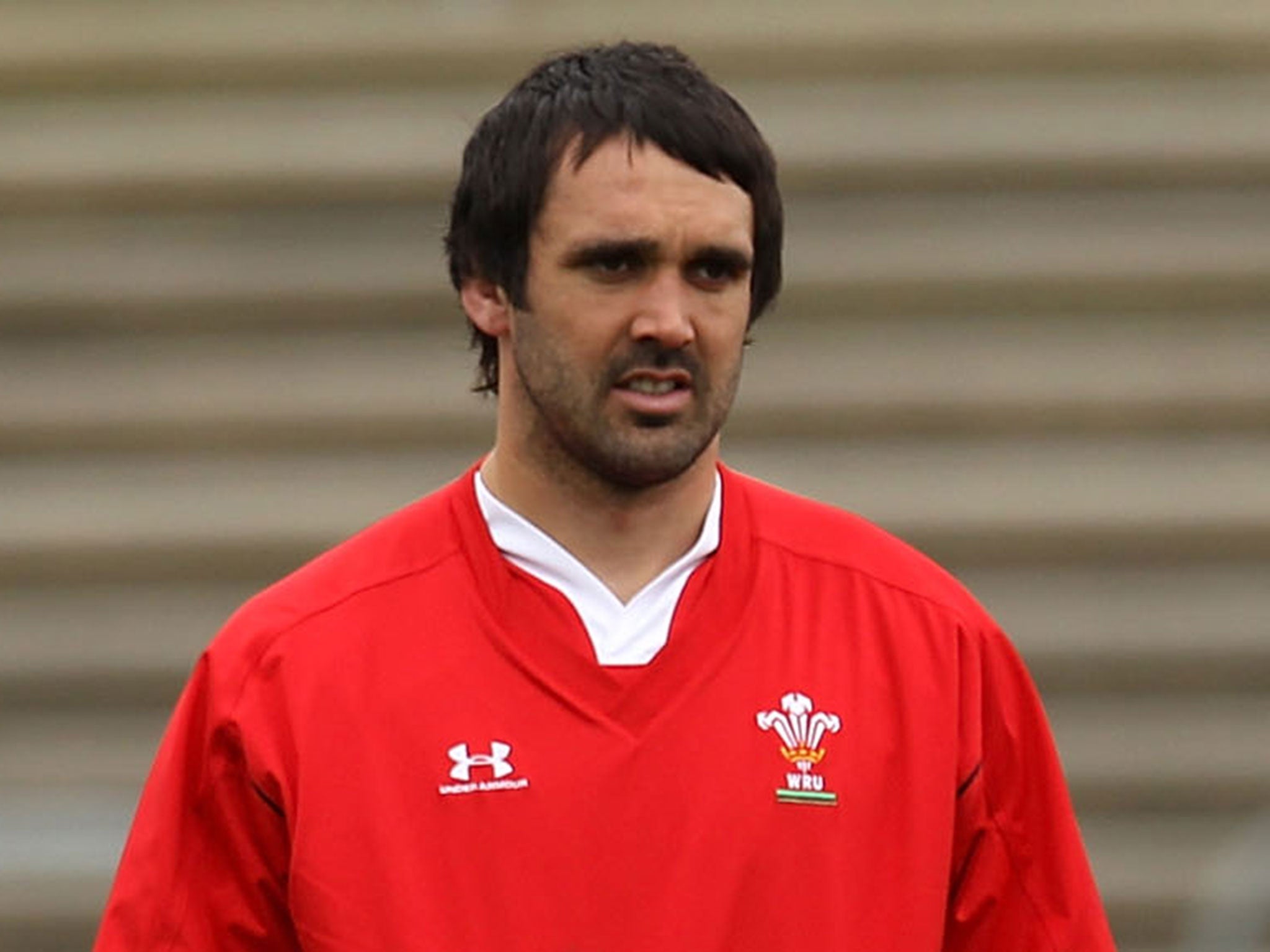Changes to rugby tackles laws possible to reduce concussion risk
Concerns over the safety of players is increasing

World Rugby's chief medical officer Martin Raftery insists changes could be made to the tackle laws to reduce the risk of concussion.
The admission comes three days into the 2015 World Cup and less than a week after former Wales flanker Jonathan Thomas was forced to retire due to epilepsy that is thought to have been caused by multiple head traumas.
BBC's Panorama programme, to be screened on Monday evening, was told by Raftery that a safety review is in progress that may lead to a revision of the laws governing the tackle, the element of the game where a player is most at risk from this type of injury.
"There's no doubt that the biggest area that we think, that we know where concussion is going to occur is in the tackle, so that will help us to look at the tackle and see what we can do to make it safer," Dr Raftery said.
When asked if this means adjusting the tackle laws, Raftery replied: 'It could be. I think that my job is to identify risk and then look for solutions to the lawmakers to make the changes that will bring about protection of the athlete."
Dr James Robson, the Scottish Rugby Union's chief medical officer, adds that law changes are needed to make the game safer after injury data from the grassroots game gathered over the last couple of years revealed the number of concussions had almost doubled in that time.
"Two seasons ago we had a real push, a real initiative - we educated people that only by knowing what was happening with injury could we make a significant difference," Robson said.
"I truly believe that the doubling between that season and the following season of the number was actually down to that education.
"I strongly believe that we do need to look at the laws of the game and the way that it's played."
Five days ago Thomas, who won 67 Wales caps between 2003 and 2011 and played in two World Cups, retired on medical advice at the age of 32 after incurring a degree of brain injury.
"I've learnt a huge amount during the last few months about head trauma, seizures and epilepsy, and it would be great if I could help out in some way," Thomas said.
"I still think it's the players who need more educating about the warning signs and getting out of that 'digging in' mentality."
Concussion was identified as the most common match injury for a third successive year in the Rugby Football Union's annual injury audit for 2013-14, which was published in February.
Head trauma now constitutes 12.5 per cent of all match injuries and has increased 59 per cent on the figures published for the 2012-13 season, rising from 54 instances incurred to 86.
There were seven retirements from the sport last season due to head and neck issues, which are bracketed together and include concussion.
Experts believe that the symptoms of concussion include personality change, mood swings, depression and memory loss.
PA
Join our commenting forum
Join thought-provoking conversations, follow other Independent readers and see their replies
Comments
Bookmark popover
Removed from bookmarks